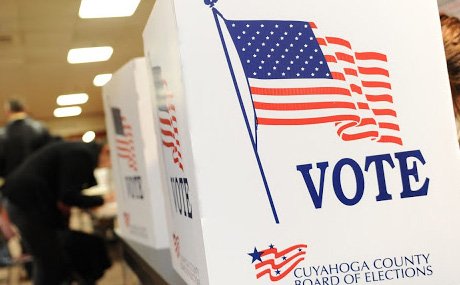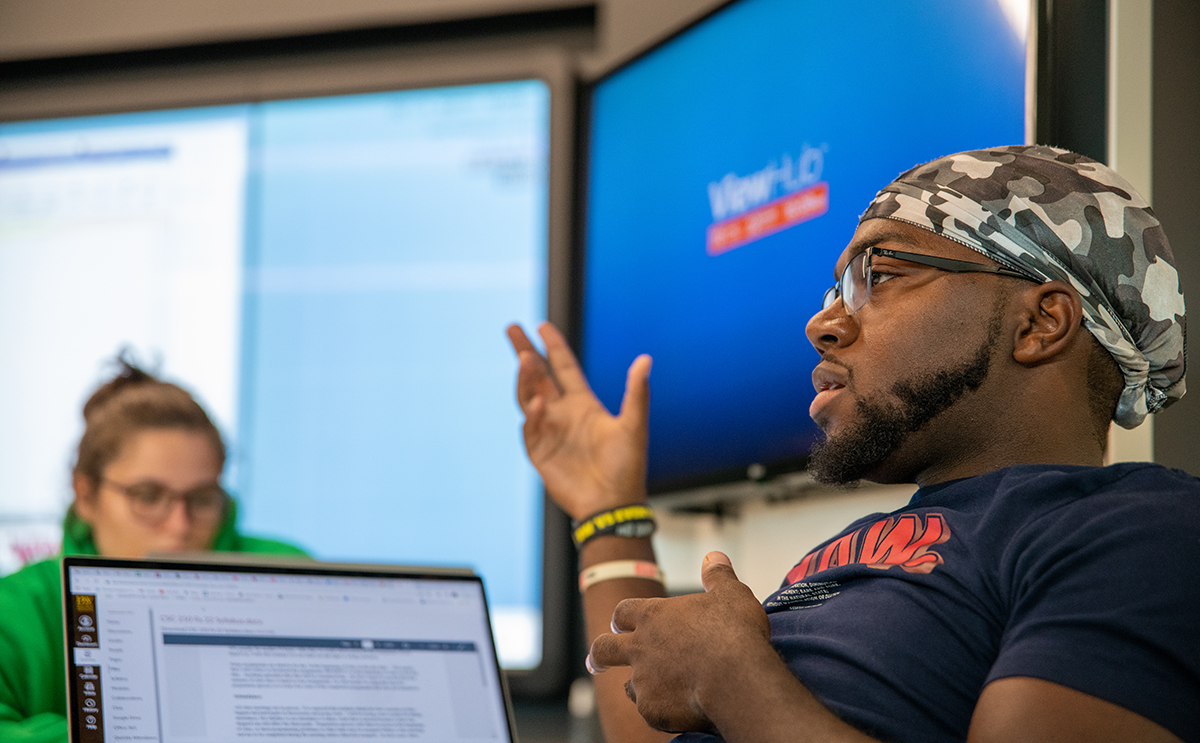Baldwin Wallace launches 2020 poll to survey voters in four key Midwest states
 Baldwin
Wallace
University
(BW)
will
conduct
the
first
of
four
Great
Lakes
Polls
this
month
to
sample
voter
sentiment
in
four
key
Midwest
states.
Baldwin
Wallace
University
(BW)
will
conduct
the
first
of
four
Great
Lakes
Polls
this
month
to
sample
voter
sentiment
in
four
key
Midwest
states.
The 2020 polling initiative, spearheaded by BW's Community Research Institute (CRI), will field simultaneous surveys in Ohio and three states that were decided by razor-thin margins in the 2016 presidential election: Michigan, Wisconsin and Pennsylvania.
States to watch in 2020
"In 2012, all four states re-elected Obama by at least three points," explains Dr. Lauren Copeland, associate director of the BW CRI. "In 2016, however, Trump won three of the four states by less than a single percentage point."
"This leads us to believe that these Great Lakes states are among the most important to watch for the 2020 U.S. presidential election," Copeland concludes.
Timeline
The first of four surveys conducted as the Baldwin Wallace University Great Lakes Poll, in partnership with Oakland University and Ohio Northern University, will be in the field this month with state-by-state results released prior to the Iowa caucuses.
Three additional surveys in all four states will gauge voter sentiment through the November election.
Academic Collaboration
Faculty experts from all three collaborating institutions, including Dr. Copeland; Dr. Tom Sutton, director of BW CRI; Dr. Robert Alexander from Ohio Northern; and Dr. Terri Towner from Oakland University (Michigan), will compare and contrast public opinion in the four states with a particular eye on clues that might explain why traditional bellwether Ohio has been turning "redder" in recent years.
Copeland, an assistant professor of political science, is also collaborating with BW faculty colleagues in mathematics and sociology - Dr. Aaron Montgomery and Dr. Julie Newcamp - to mentor students in a hands-on public opinion polling experience.
Methodology
The surveys will be conducted among self-identified registered voters using an online panel with quotas in place for age, gender and education for each state based on data from the U.S. Census. In addition, each state will have quotas in place for urban areas based on U.S. Census data and the National Center for Health Statistics' Urban-Rural Classification Scheme for Counties. Respondents will receive an email from Qualtrics, a national web panel provider, and respond using a personalized link to the survey. Each topline report will include a detailed section on methodology.
BW has been using Qualtrics panels to survey Ohioans since 2015. CRI election surveys have been cited by a variety of state and national media organizations and included in poll aggregation by FiveThirtyEight.
About BW CRI
The Baldwin Wallace University Community Research Institute (CRI) provides consulting and research services to government agencies, nonprofits, foundations, community-based organizations, businesses and media. The CRI also serves as a laboratory for teaching BW students research methods.



